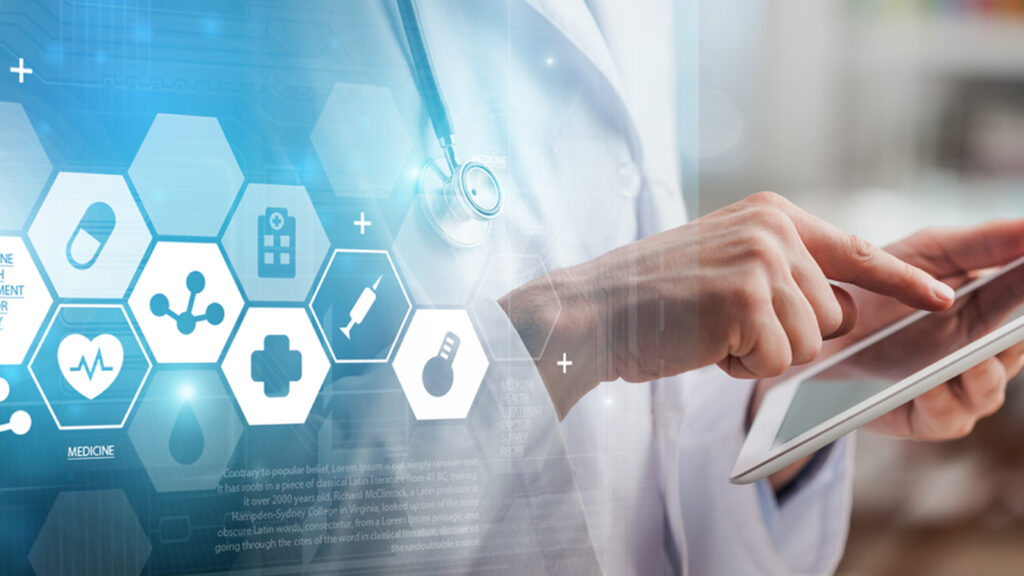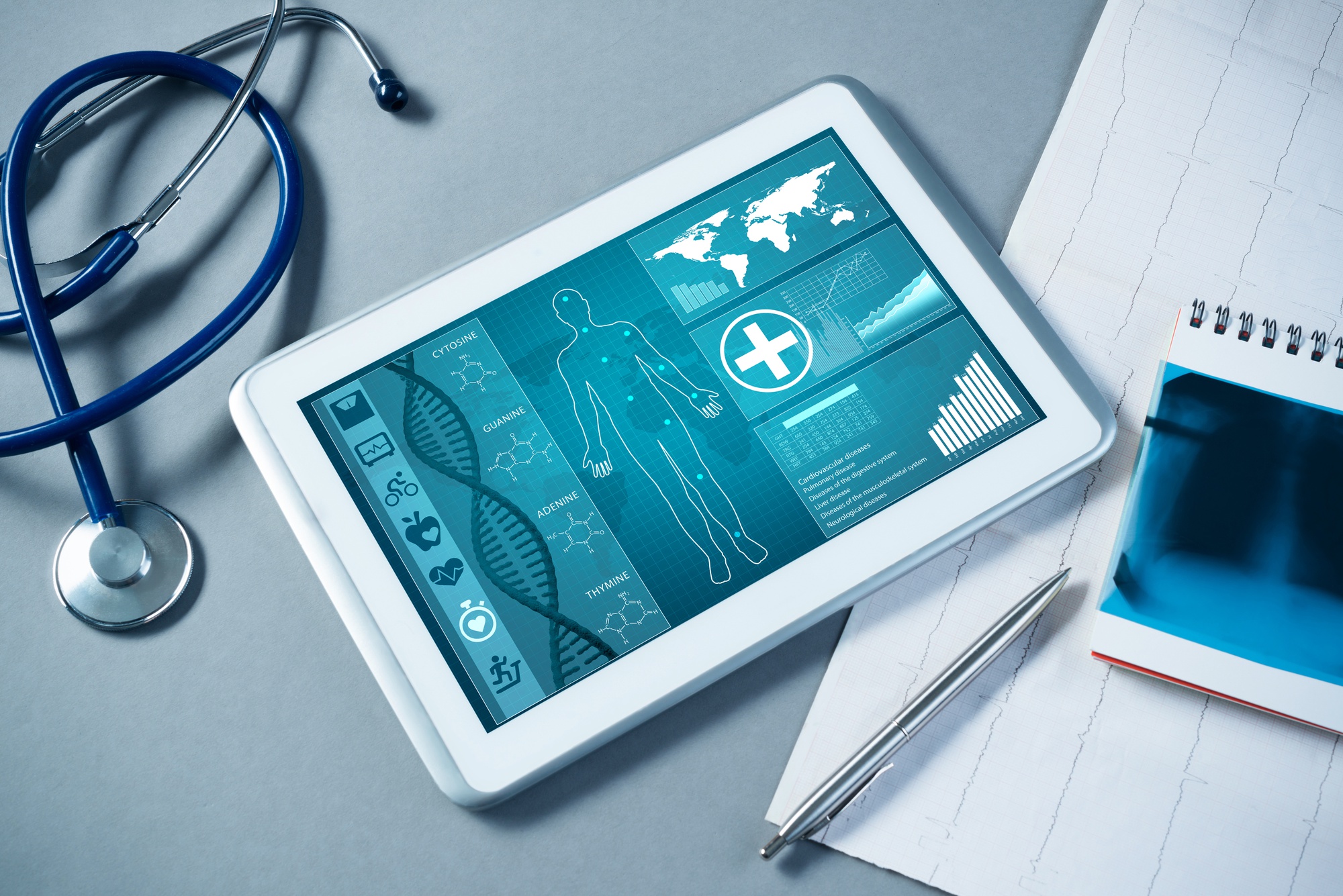In the contemporary landscape of healthcare, technology has emerged as a powerful catalyst for transforming the delivery of medical services. The integration of innovative technologies has not only streamlined various processes but has also significantly improved patient outcomes and overall healthcare efficiency. This article explores the multifaceted role of technology in reshaping health care delivery, examining its impact on patient care, diagnostics, communication, and the future trajectory of the healthcare industry.
I. Enhancing Patient Care:
One of the primary ways technology is revolutionizing healthcare delivery is through the enhancement of patient care. Telemedicine, for example, enables remote consultations, bringing medical expertise to individuals regardless of their geographical location. This is especially crucial for those in rural or underserved areas, as it ensures access to healthcare resources that might otherwise be limited. Furthermore, wearable devices and health apps empower patients to actively participate in their own health management, monitoring vital signs, physical activity, and even chronic conditions.
II. Diagnostic Advancements:
Technological advancements have ushered in a new era of diagnostic precision. Imaging technologies such as MRI, CT scans, and ultrasound have become more sophisticated, providing healthcare professionals with detailed insights into a patient’s condition. Additionally, genetic testing and molecular diagnostics have revolutionized personalized medicine, enabling tailored treatment plans based on an individual’s genetic makeup. The speed and accuracy of these diagnostics contribute to early detection and more effective intervention, ultimately improving patient outcomes.
III. Communication and Collaboration:
Efficient communication among healthcare providers is paramount for delivering quality care. Electronic Health Records (EHRs) have replaced traditional paper-based records, facilitating seamless sharing of patient information among different healthcare entities. This not only reduces the risk of errors but also enhances collaboration between specialists, primary care physicians, and other healthcare professionals. Moreover, telecommunication tools have improved communication between healthcare providers and patients, fostering a more engaged and informed healthcare experience.
IV. Future Trajectory:
The continuous evolution of technology suggests an exciting future for healthcare delivery. Artificial Intelligence (AI) and machine learning algorithms have the potential to analyze vast amounts of medical data, providing insights that can inform treatment decisions. Robotics is another area gaining prominence, with the development of robotic-assisted surgeries and automated systems for routine tasks. As technology continues to advance, the integration of these innovations into mainstream healthcare practices holds the promise of further improving patient outcomes and making healthcare delivery more efficient and accessible.



